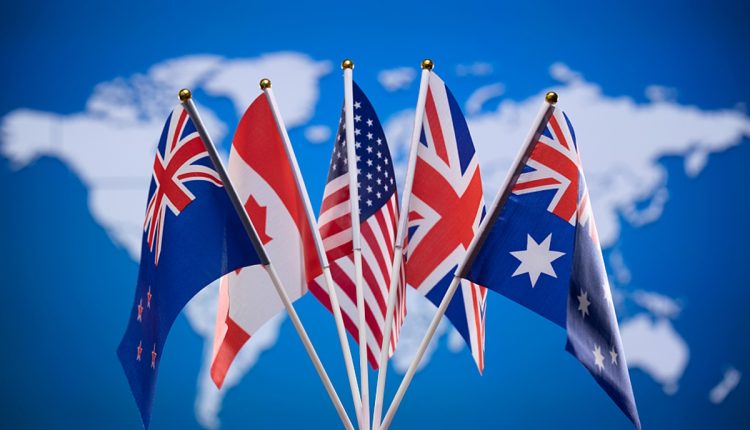Trump advisor rejects report suggesting intelligence shake-up amid trade tensions
Peter Navarro, a top trade and manufacturing advisor to U.S. President Donald Trump, has denied claims that he pushed for Canada’s removal from the Five Eyes intelligence-sharing alliance.
A report from the Financial Times, citing anonymous sources, alleged that Navarro viewed Canada’s expulsion as a potential pressure tactic amid escalating trade disputes between Washington and Ottawa. However, Navarro swiftly dismissed the claims, calling them baseless.
“My view is that we should never have to comment on any story based on unnamed sources,” Navarro told reporters. “We would never, ever jeopardize our national security, ever, with allies like Canada, ever.”
The Five Eyes alliance—comprising the United States, Canada, the United Kingdom, Australia, and New Zealand—is one of the world’s most significant intelligence-sharing networks. Any move to exclude Canada would mark a major geopolitical shift with serious implications for global security cooperation.
While the Financial Times report suggested Navarro supported the idea as part of a broader strategy to increase U.S. leverage over Canada, his strong denial signals an effort to prevent further speculation about tensions between the two nations.
Navarro’s statement comes at a time of heightened trade friction between the U.S. and Canada. The Trump administration recently announced a 25% tariff on Canadian imports, including a 10% levy on Canadian energy products. Initially set to take effect in February, the tariffs have been delayed by 30 days following negotiations between the two governments.
Canadian Prime Minister Justin Trudeau confirmed the postponement, stating that the delay allows both sides to work toward a “final economic deal.” Unless a resolution is reached, the tariffs are now scheduled for implementation on March 4, 2025.
The proposed tariffs have sparked debate, with supporters arguing they will protect American industries, while critics warn of economic fallout, including rising consumer costs and strained diplomatic relations.
Adding to the tension, Trump has previously made provocative remarks about Canada, even suggesting it could become the 51st U.S. state—a notion Ottawa has firmly rejected.
As trade negotiations continue, the U.S.-Canada relationship remains under intense scrutiny, with both economic and security concerns at the forefront of discussions.

